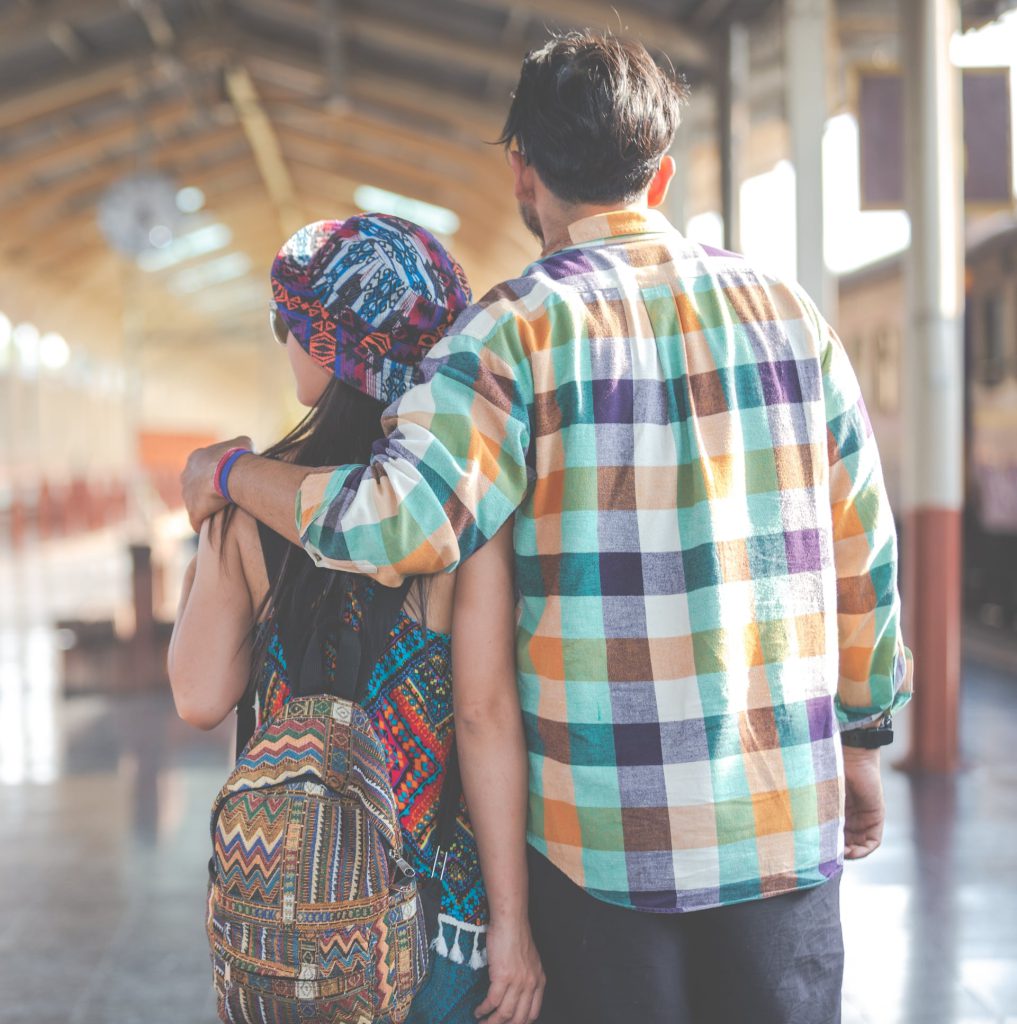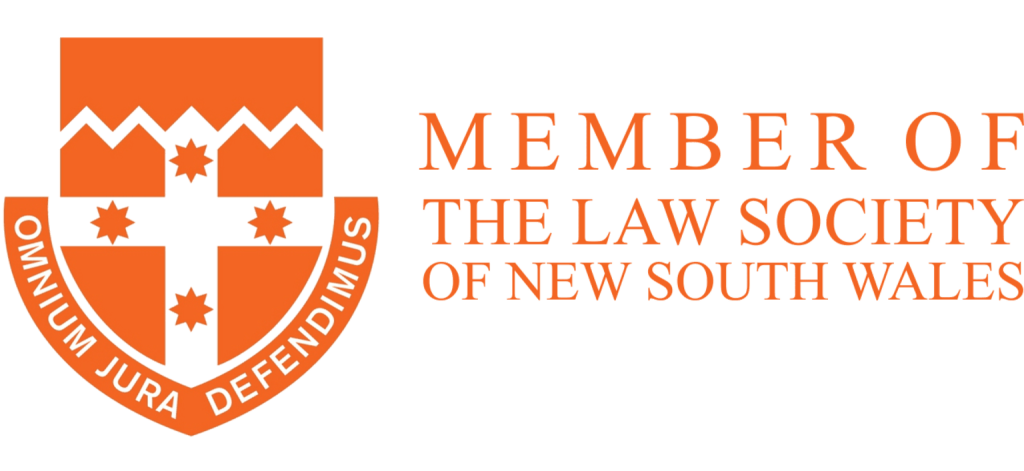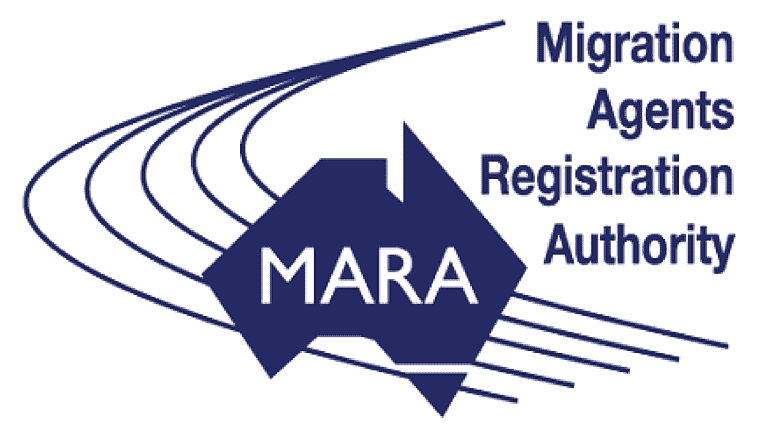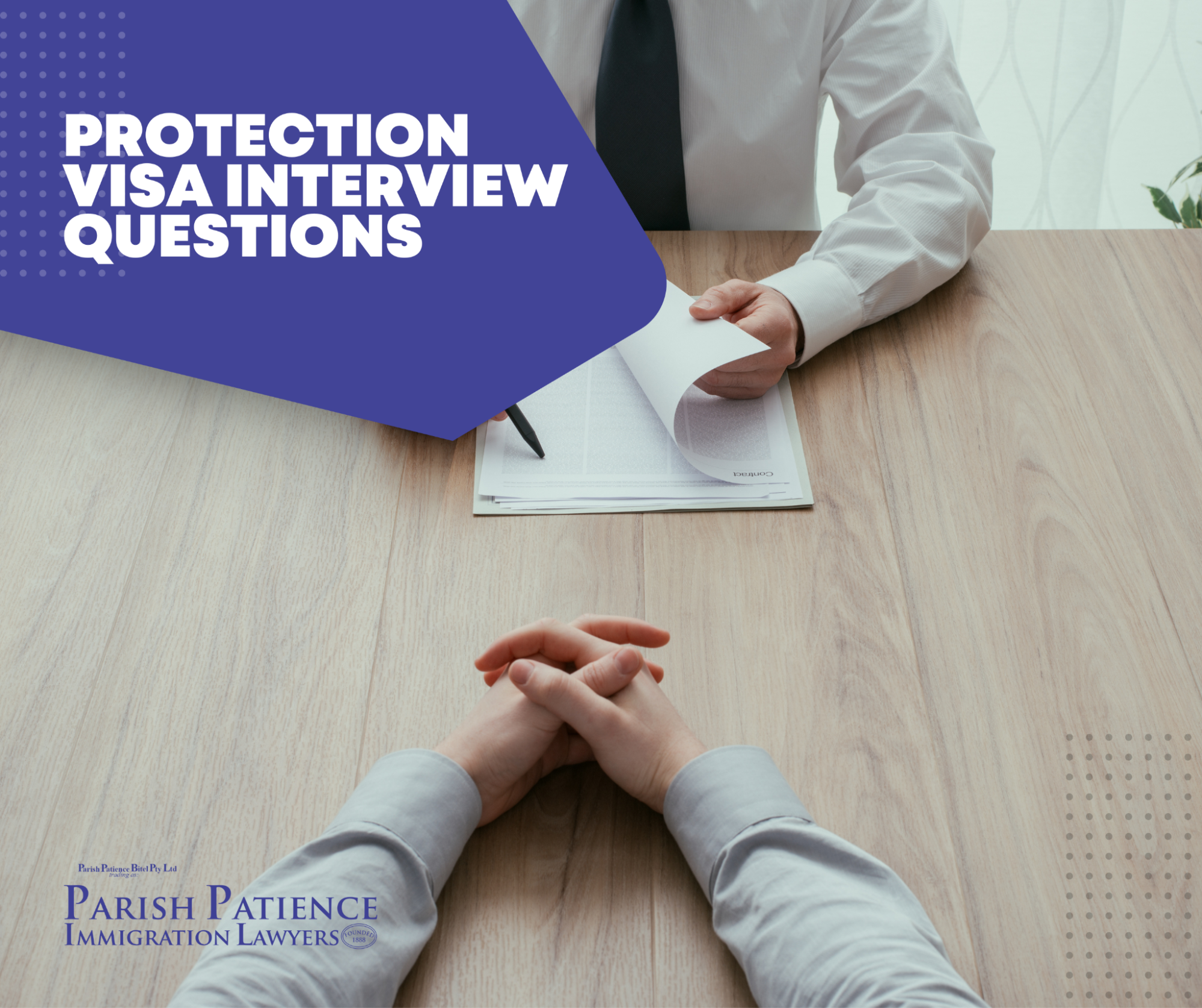Seeking Protection in Australia
Australia provides protection for asylum seekers who meet the United Nations and the Migration Act 1958 definition of a refugee, which is any person who is outside their home country of origin and residence, and have a ‘well-rounded fear of persecution’ if they are forced to return to their home country.
Refugees are owed protection and asylum in Australia as the country is among the signatories in the Refugees Convention in 1951. One of the key conditions is that a refugee must not be a war criminal and has not been involved in any serious crimes that are in contrast with the United Nations and its principles and purposes as an international organisation promoting global peace and security.
Who Can Apply For a Protection Visa?
Individuals who are refugees or those who have a ‘well-founded fear of persecution’ can apply for a protection visa in Australia. Applicants of this visa fear returning to their home country because of at least one among five (5) reasons involving the following:
- Race
- Religion
- Nationality
- Social group membership
- Political beliefs
Types of Protection Visas in Australia
There are three types of protection visas in Australia for refugees and those facing persecution in their home country. These are:
- Subclass 866 Visa or the Permanent Protection Visa (PPV)
- Subclass 785 Visa or the Temporary Protection Visa (TPV)
- Subclass 790 or the Safe Haven Enterprise Visa (SHEV)
Other humanitarian and refugee-related protection visas also include:
- Global Special Humanitarian (subclass 202)
- Refugee Visas (subclass 200, 201, 203 and 204)
- Resolution of Status Visa (subclass 851)
Need Visa Assistance?
Talk to one of our Visa Experts Now.
Types of Protection Visas in Australia
As a protection visa applicant, you must convince the Department that there is a real chance you will be persecuted in your home country or previous habitual residence upon your return. You have a ‘well-founded fear of persecution’ if, and only if, you satisfy one or more of the following:
- Your fear stems from at least one of the five reasons stated above, which involves persecution because of your religion, race, nationality, social group membership, or your political beliefs.
- There should be a great chance that returning to your native country would result in your persecution for either or more of the five reasons.
- Your chances of being persecuted must cover your entire country. If there is an area in your country where you are not likely to be persecuted, your fear of persecution is not considered well-founded.
- The persecution may involve actual serious harm to you.
Complementary Protection
From 24 March 2012, complementary protection claims have been considered as part of the protection visa assessment process. Complementary protection is the term used to describe a category of protection for people who are not refugees but cannot be returned to their home country, in line with Australia’s international obligations, because there is a real risk that the person will suffer certain types of harm.
How claims are assessed
Applications for protection visas are assessed by trained departmental officers. All claims for protection are assessed with confidentiality on an individual basis against the criteria contained in the Refugees Convention and the complementary protection criteria, in accordance with Australian legislation, case law, and up-to-date information on conditions in the applicant’s country of origin.
People who are found to be owed protection are eligible for the grant of a protection visa in Australia, provided they satisfy health, character, and security checks.
Merits review of decisions
Where an application by a person in Australia is refused by the department, that person can seek a merits review from either the Refugee Review Tribunal (RRT) or the Administrative Appeals Tribunal (AAT). Which independent tribunal has jurisdiction will depend on the basis for refusal.
The RRT conducts a new assessment and examines the applicant’s claims against the Refugees Convention and the complementary protection criteria, providing an informal, non-adversarial setting to hear evidence.
If the RRT is not able to make a favourable decision to the applicant based on the evidence presented, the case can be further taken in court for a hearing.
If the protection visa application was rejected by the relevant Tribunal, the applicant has no more than 28 days left to leave the country. Staying beyond this period may have them removed from Australia.
Status while processing
Asylum seekers that have arrived in Australia legally and subsequently apply for protection may receive a bridging visa upon lodging a protection visa application. This bridging visa enables the applicant to remain lawfully in Australia while the protection visa application is being reviewed and finalised.










